Adult tooth decay and loss is also known as root caries or root canal decay. It can occur at any age, but the risk increases with age. Older adults are more likely to develop adult tooth decay. This is because the aging process impacts oral health in various ways, making it more difficult to keep teeth strong and healthy. However, with careful daily habits and checkups, you can reduce your risk of developing adult tooth cavities further and prevent them from getting worse. Tooth decay occurs when plaque bacteria remains on your teeth for an extended period of time. In this case, the bacteria ferment sugars in your mouth and produce lactic acid as a byproduct. Lactic acid attacks the enamel covering your teeth and weakens eventually cracks open to expose the innermost layer of dentin (also called dentine). This makes the tooth much easier for plaque bacteria to penetrate further and attack even more layers of enamel–a process that continues until a hole has formed completely through all layers of enamel, dentin, and cementum (the thin yellowish layer that covers the roots).
Nutrition and Oral Health for tooth decay
One of the most important factors in ensuring good oral health is maintaining a balanced diet. This means eating well-balanced meals that contain sufficient levels of vitamins and minerals needed for proper dental health. There are several nutrients that are essential to maintaining healthy teeth. These include calcium, magnesium, iron, and vitamins B and C. Calcium is important for maintaining strong teeth and preventing tooth decay. If you don’t consume enough calcium, your teeth are more likely to become weak and susceptible to decay.
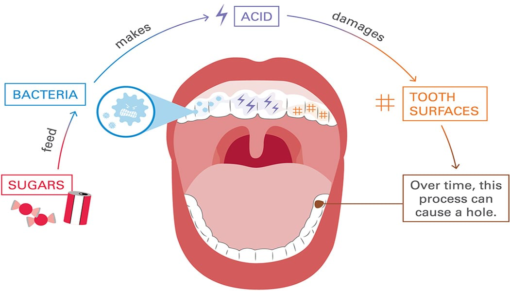
Dark green vegetables, broccoli, and dairy products are all good sources of calcium. Magnesium has a positive impact on oral health as well. It is needed to produce saliva, which is an important part of the oral hygiene process. Iron is important for red blood cells that give your teeth a pigment. Without iron, teeth would be much more likely to become discoloured. Vitamin B helps to form a protective layer around teeth. Vitamin C helps to prevent gum diseases and tooth decay.
Smoking and Oral Health
One of the most harmful habits when it comes to dental health is smoking. It has been linked to gum disease, tooth decay, periodontitis (gum disease), and discolouration of teeth. Smoking weakens your oral health throughout life. It also increases the risk of developing oral cancers. If you smoke, you are more likely to develop oral diseases like periodontitis, cavities, and gum disease. If you have diabetes, smoking can increase your risk of diabetic foot (a condition in which diabetes affects the blood supply to the feet, often resulting in ulcers and amputations).

Research has shown that there is also an increased risk of diabetic complications (e.g., retinopathy, nephropathy, and neuropathy) in smokers compared to non-smokers. The smoke from barbeque and burning leaves is fantastic. The smoke from cigarettes is not so much. Everyone is now well aware of how smoking can significantly harm your overall health. And while the number of people who smoke is declining, there are still too many smoke-related deaths each year. What most people don’t think of, though, is how smoking negatively affects your oral health. And it’s not just stained teeth or bad breath. It goes well beyond that.
Ageing and Oral Health due to tooth decay
As you age, your oral health changes. Your risk of developing certain dental health issues increases as you age. This can be due to medication use, changes in oral structures and habits, poor diet, and lifestyle choices. With age, you may experience a decrease in saliva production. Saliva is important for keeping your teeth clean and healthy. It contains minerals that help to reduce the acid levels in your mouth. This can help to prevent tooth decay and gum disease.

If you have little saliva in your mouth, you may find yourself cleaning your teeth less often and missing out on this important dental health benefit. As you get older, your teeth are also more likely to become discoloured. This can be caused by several factors. It can be due to smoking and drinking coffee and tea that stain your teeth. It can also be due to changes in your hormone levels that cause your teeth to become more yellow or brown. These changes in your oral health are usually unavoidable. However, you can use certain techniques to help reduce their effects on your oral health.
Poor Oral Hygiene Habits
Poor oral hygiene habits can increase your risk of tooth decay and gum disease. This includes skipping the daily brushing and flossing routine. It can also be due to eating foods that are high in sugar, high in acid, or coarse and difficult to chew–any of these can lead to increased risk of tooth decay. To reduce your risk, it is important to brush your teeth at least twice a day with fluoride toothpaste.
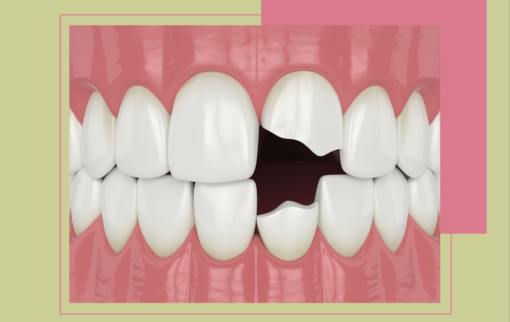
At the same time, it is also important to floss daily as this removes food debris from between the teeth. When it comes to eating, it is best to avoid eating foods that are high in sugar. Sugar is a major cause of tooth decay. It is recommended you brush your teeth and keep healthy after having meals that have sugar.
Enamel is the thin outer covering of the tooth. This tough shell is the hardest tissue in the human body. Enamel covers the crown which is the part of the tooth that’s visible outside of the gums. Because enamel is translucent, you can see light through it.
Genetics and oral health
Your genes can play a role in oral health. However, contrary to popular belief, they are not the main cause of tooth decay. You may be more likely to develop certain dental diseases, but this can be prevented with careful daily habits and dental visits. For example, if you have the gene for enamel defects (ED), you may be more susceptible to developing adult tooth decay. ED is a condition that causes teeth to become more sensitive, easier to decay, and more likely to be discoloured. While it is possible for you to develop ED as an adult, it can be prevented by maintaining a healthy diet and brushing and flossing regularly.
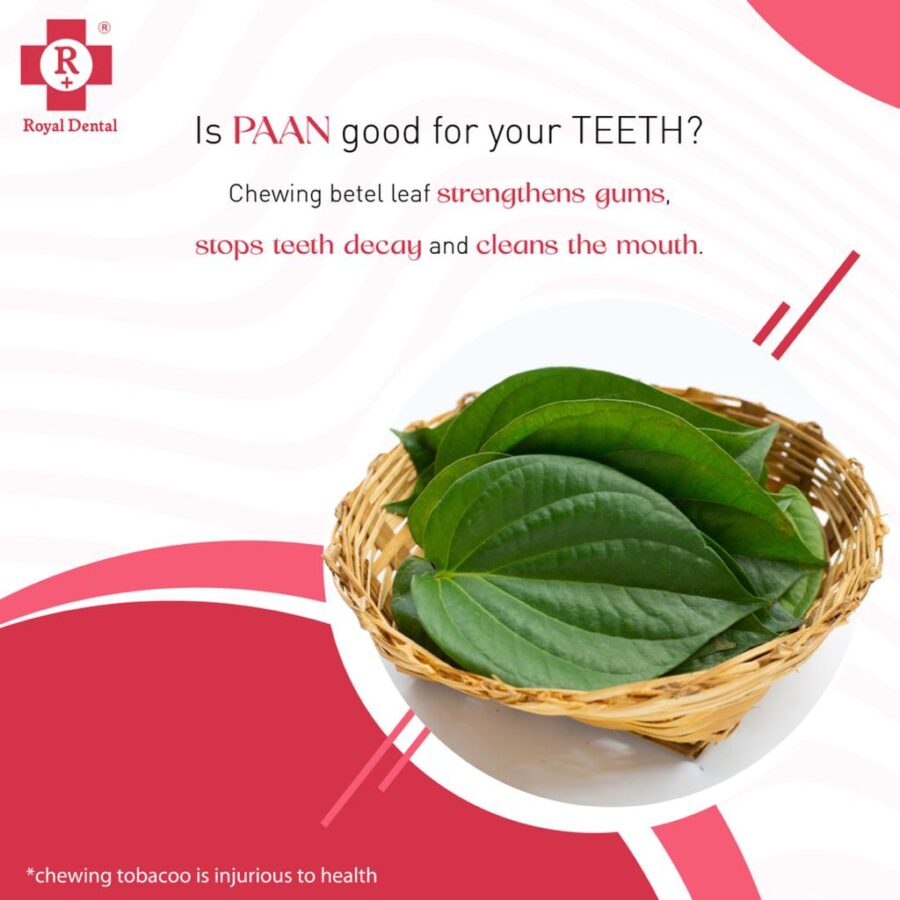
Other causes of adult tooth decay
Lack of fluoride in drinking water: Adults who live in areas with little fluoride in the drinking water are more likely to develop tooth decay. This is because fluoride is a helpful agent that prevents dental plaque and tooth decay.
Lack of oral hygiene: If you don’t regularly brush your teeth and floss, you are more likely to develop tooth decay and gum disease.
Poor diet: Incorporating too many sugary and acidic foods into your diet can increase your risk of tooth decay.
Unhealthy teeth: You may be more likely to develop tooth decay if your teeth are damaged or have had fillings or root canal treatment.
How to prevent Adult Tooth Decay?
As mentioned, the best way to prevent adult tooth decay is by keeping your teeth clean. This means brushing your teeth twice a day and flossing daily. It is also important to visit your dentist regularly for checkups and professional teeth cleanings. If you do notice signs of tooth decay, it is best to treat it as soon as possible. Adult tooth decay can be treated in various ways. A dentist can clean the affected areas and fill in the tooth if necessary. Adult tooth decay can be prevented by maintaining a healthy teeth and oral hygiene routine.

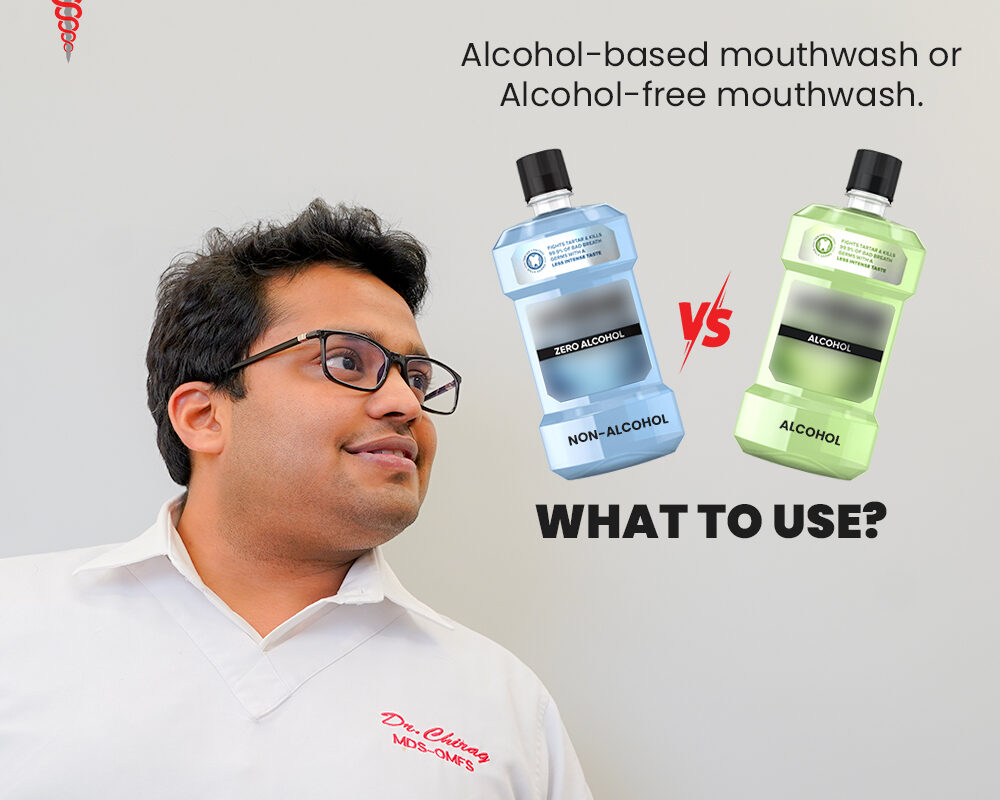
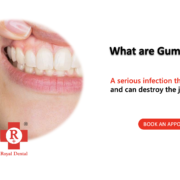
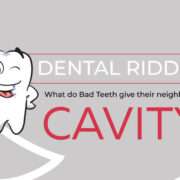



One of the most important factors in ensuring good oral health is maintaining a balanced diet. smoking negatively affects your oral health.